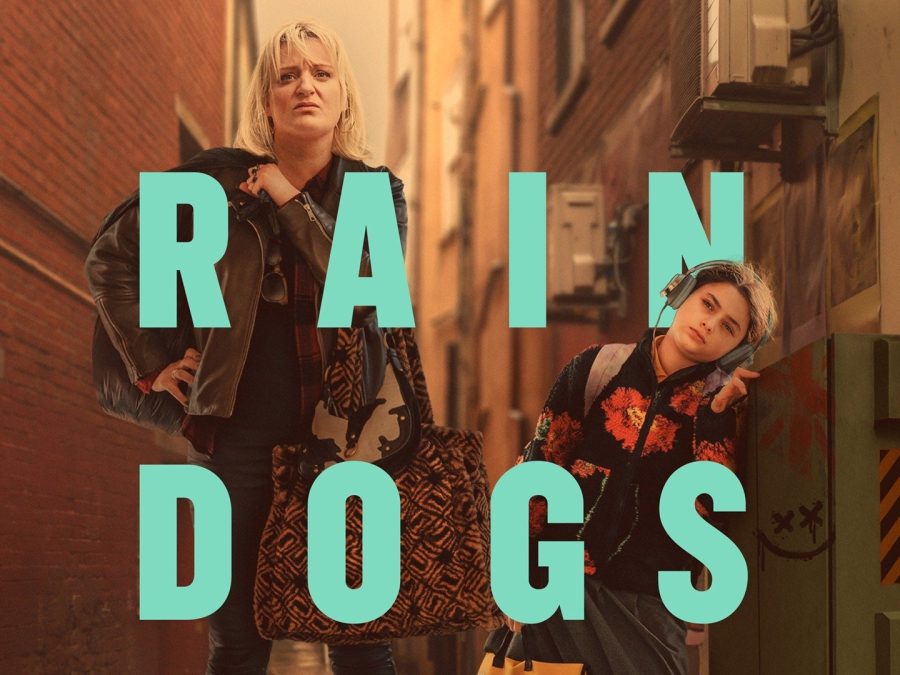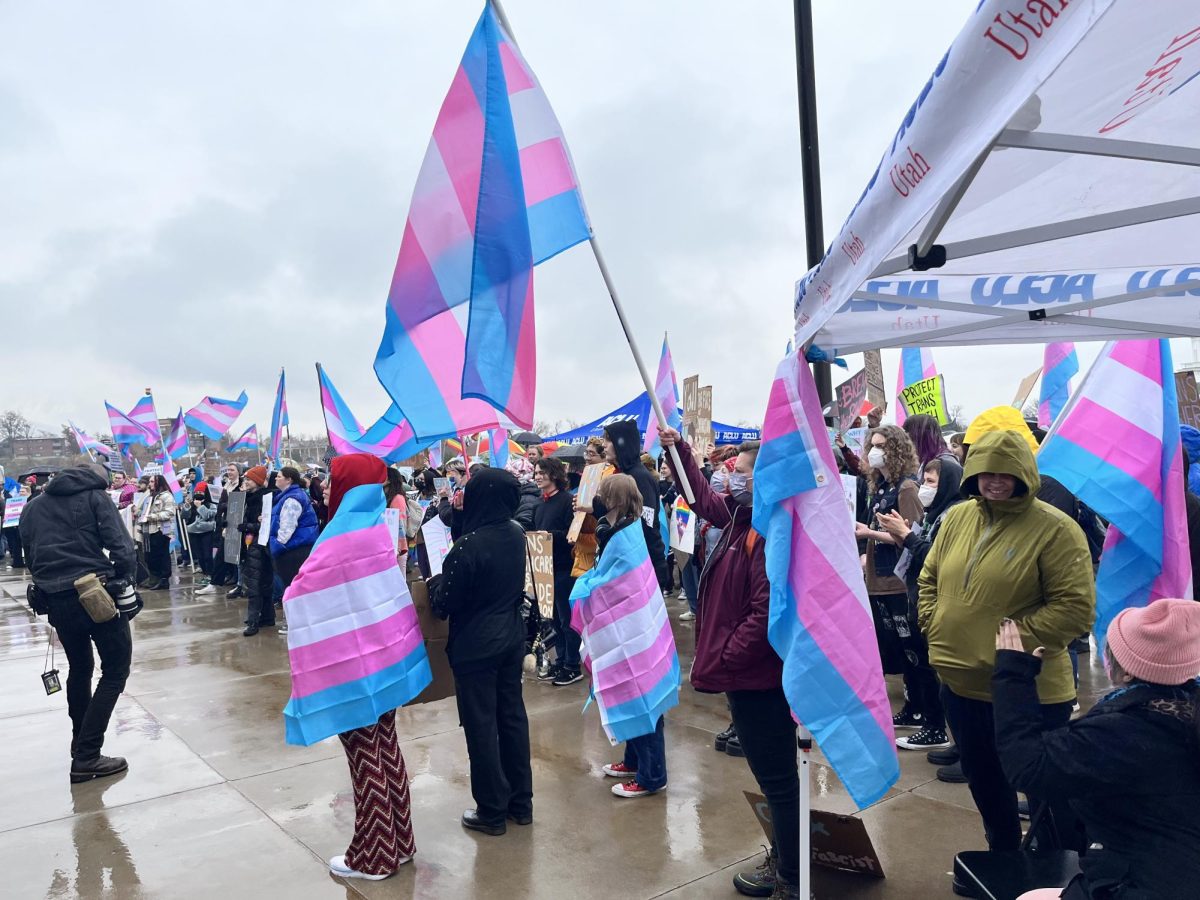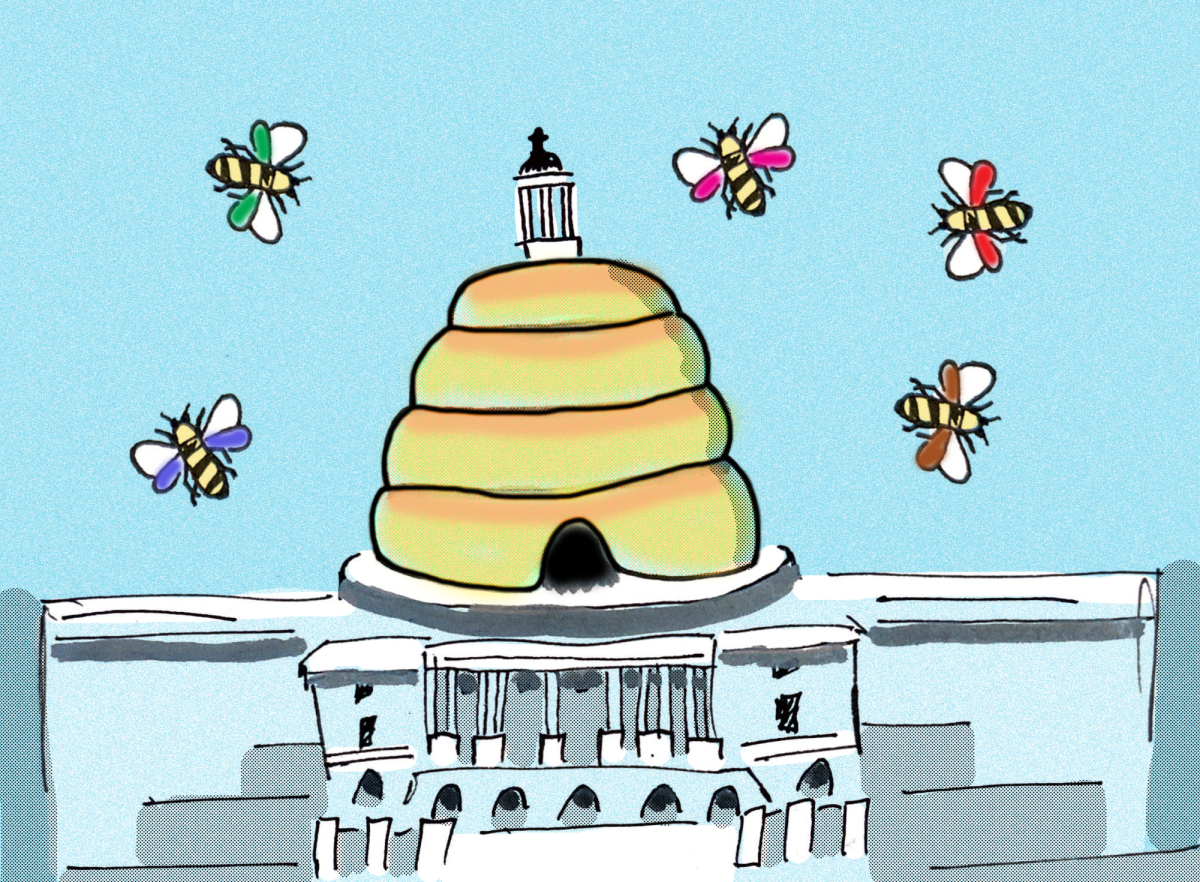‘Rain Dogs’ Is A Bleakly Comedic and Underrated Gem
June 7, 2023
Rarely is a working-class story represented on screen with equal parts veracity and bleak pitch-black comedy.
This is the result in the series “Rain Dogs“, a true-to-life story about an impoverished single mother Costello (Daisy May Cooper) and her daughter Iris (Fleur Tashjian). The pair live in London in a fully realized episodic picaresque that yields deeply human results for viewers who watch all the way through to the last episode. “Rain Dogs”, created by Cash Carraway, is an under-the-radar gem full of both dark humor and heart, though not in the way you may be used to in modern-day sitcoms. This is a story composed of struggle and adverse hardship with humor as the instrument of survival.
A Working Class Story
The series, co-produced by BBC One and HBO, opens with an eviction of the main character Costello and her daughter Iris. They rush in a hurry stuffing their essentials in the few bags they can carry as police are knocking on the door about to break it down. In just the first episode our main characters are thrust into uncertainty and homelessness, wandering the streets of London trying to find a safe place to sleep at night. They stay at a laundromat until closing and eventually break a car’s window to sleep in. Both Costello and Iris are working together seamlessly like partners in crime, albeit out of necessity for their own survival.
Eventually, Costello takes the offer of staying in the cupboard of a man’s apartment she just met earlier that day in a convenience store out of desperation. He makes many weird comments about her being a single mom and says things like “You just have a food bank body” in regard to her figure. It isn’t long until things take a turn for the worst and Costello has to call her best friend Selby to get her and Iris out of the pervert’s apartment. Selby (Jack Farthing) is the wealthy gay son of a businessman who committed suicide and is fresh out of prison for violently assaulting someone. Selby has a tendency to gamble and play Mahjong while wearing fancy button-up shirts. He’s an Oscar Wilde-esque figure of deeply dysfunctional proportions who has a toxic loving relationship with Costello. He runs to rescue her and her daughter, only to pin her to the wall with his hand around her neck after making sure Iris is outside. Costello seethingly threatens that he will end back up in prison if he continues. Their relationship is violently intimate and even further entwined as Selby plays a father figure of sorts to Iris, which defines the show. As Selby says in one of the last episodes, “It’s normal to hate the people you love.”
Ups and Downs
Despite all of their hardships, Costello is a writer. She continues her writing in the capacity that she can although she will do whatever it takes to survive under capitalism. Costello will do whatever to provide for Iris. Whether it’s working at a strip club, working as a debt collector or moving into a Christian safe house for women and children. Anyhow, most of the show’s conflict comes from the messy relationship with Selby. While she barely has enough to survive, he freely spends his money on drugs and gambling. His love is nasty and quite poisonous. The display of their class difference is at the heart of their tensions.
The series is full of ups and downs. As soon as you think things are working out an even more intense hardship comes around the corner. At the heart of the show though is found family. Costello’s other close friend Gloria (Ronke Adekoluejo) also plays a key role in helping her and Iris throughout everything they go through while also dealing with an unexpected pregnancy. Costello may have a drinking problem, Selby may have violent anger issues and Gloria may have a baby she will raise on her own, but in the end, they all have Costello and Iris’s back. The highlights in the darkness come from their relationships with others, in all their dysfunctional ways.











